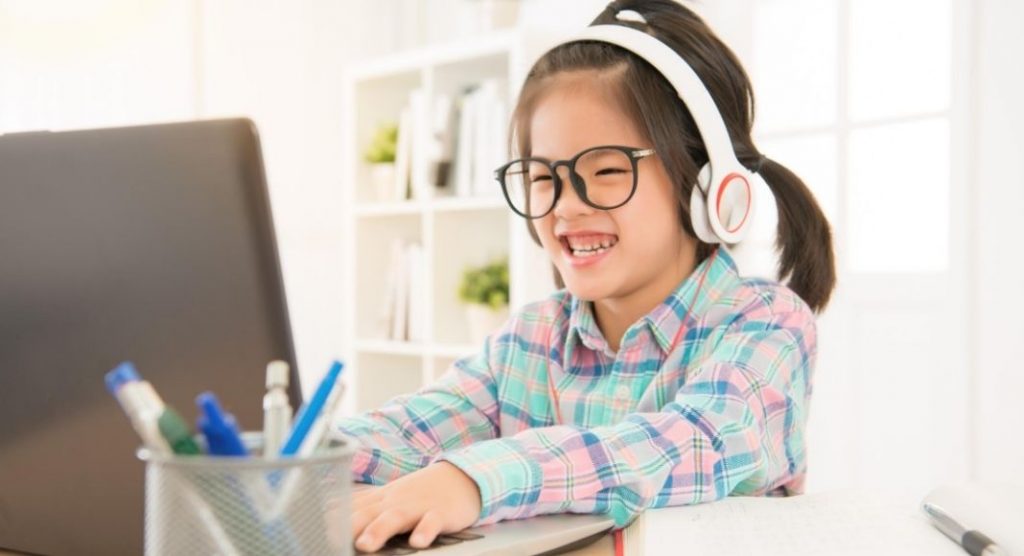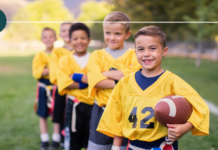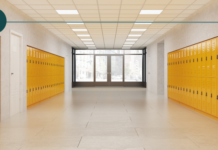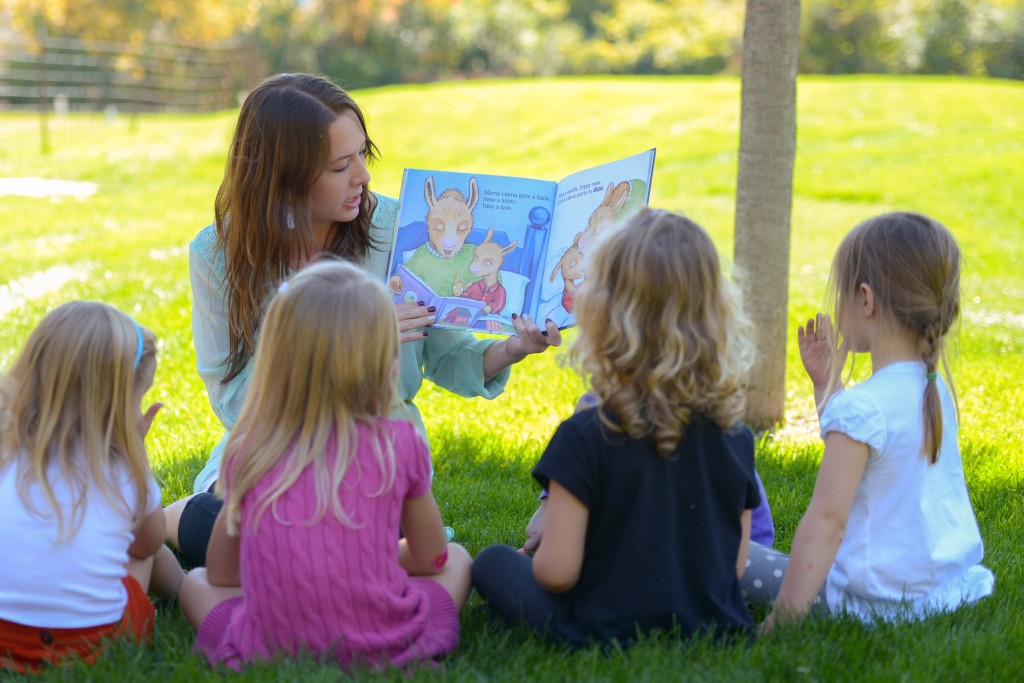 The news came down… we are starting the fall with virtual learning. I had a lot of mixed feelings, but was ultimately relieved that I didn’t have to make the decision and that all my kids friends were going to be in the same boat. My son, on the other hand, was wholly disappointed. He was looking forward to starting second grade in a new school (same district, but they switch schools starting in second grade to the older elementary school). He wanted to play football on the playground and talk with his friends. I get it kid… this isn’t what anyone wanted.
The news came down… we are starting the fall with virtual learning. I had a lot of mixed feelings, but was ultimately relieved that I didn’t have to make the decision and that all my kids friends were going to be in the same boat. My son, on the other hand, was wholly disappointed. He was looking forward to starting second grade in a new school (same district, but they switch schools starting in second grade to the older elementary school). He wanted to play football on the playground and talk with his friends. I get it kid… this isn’t what anyone wanted.
But, as their parent, I’m the one they look to for how things are going to go. Both my kids take their emotional cues from me, so I needed to have a plan for how we were going to have some things to look forward to, even though it wasn’t what we had hoped for. So, we had several steps that we decided to take to make the best of virtual learning and make things work for our family.
Making the Best of Virtual Learning
1. Talk about and acknowledge feelings. We asked our kids, “what did you like about virtual learning in the spring? What did you not like? How does this make you feel?” It’s ok to be disappointed, sad, angry, as long as we process those emotions in a healthy way. We had a good talk about how they were feeling, but made sure to end the talk discussing some good things and some things to look forward to.
2. Talk about what would help them to be more successful and start making a plan. One of my son’s biggest frustrations was trying to write letters and numbers on his tablet. I talked to other parents online and found out that many of them asked the teachers for PDFs of the work they were doing. They would print it out at home, then the child would write with a marker on it, and then take a picture of the finished product to submit it to the teacher. My son agreed this would help him. It was helpful to talk about the things that were the most frustrating so that he knows that we are in this together and things wouldn’t be the same as they were in the spring.
3. Be honest about what we know and what we don’t know. My daughter is starting Kindergarten in the fall. We talked about this and I told her that school wouldn’t be what she might have thought it was going to be, but she would still have a great teacher, and great classmates. Her response, “Will I get an ipad like my brother?” Our district has ipads for every kid, so I told her yes, and she was super excited. This was not what I was expecting, but my own sadness about her having to start kindergarten virtually was not echoed by her because she has a different focus. Letting her take that lead helped her to put her own positive spin on the situation.
4. Set up their own special workspace. I told my kids that I would set up a special workstation for them in the spare bedroom. This would be a space that was just off of my own workspace so they could ask for help when needed, but a space that they previously had not been allowed to play in. The fact that this was a previously taboo space made it super exciting to them. We cleared out a corner of the room and put a folding table into the corner. Each kid gets half of the table and there are supplies (markers, scissors, pencils, glue) in the middle to divide the space. There is also a bed in the room so they can lay down at times and they are not confined to one desk chair all day. This cost us no money, as we had all the supplies needed, but was something to look forward to. Plus, they are excited to decorate their half of the workspace.
5. Discuss differences between the spring and the fall. Our district has been clear about some things: there will be more “live” class sessions online, there will be more coordination in the online coursework and there will be more assessments. My kids loved the “live” class sessions, so they were thrilled to hear that there would be more of them in the fall. We made sure they knew that the teachers tried their best in the spring, but now they had the summer to figure out how to do things even better.
In the end, virtual learning is not what either of them wanted, but they are learning to accept it and to look forward to some of the things that they are now excited about. As disappointing as this is to all of us, it can also be a good learning experience for us to all learn to be a little more patient and resilient. We can choose whether we want to sulk about this or do the best with what we have, and this will be reflected in how our kids look at disappointments going forward.












